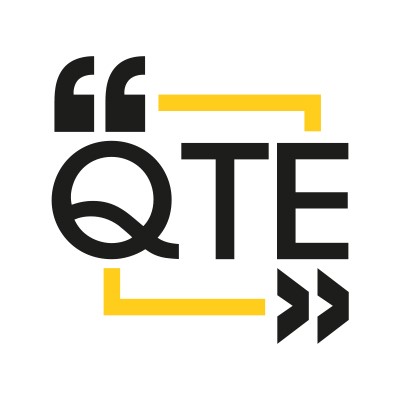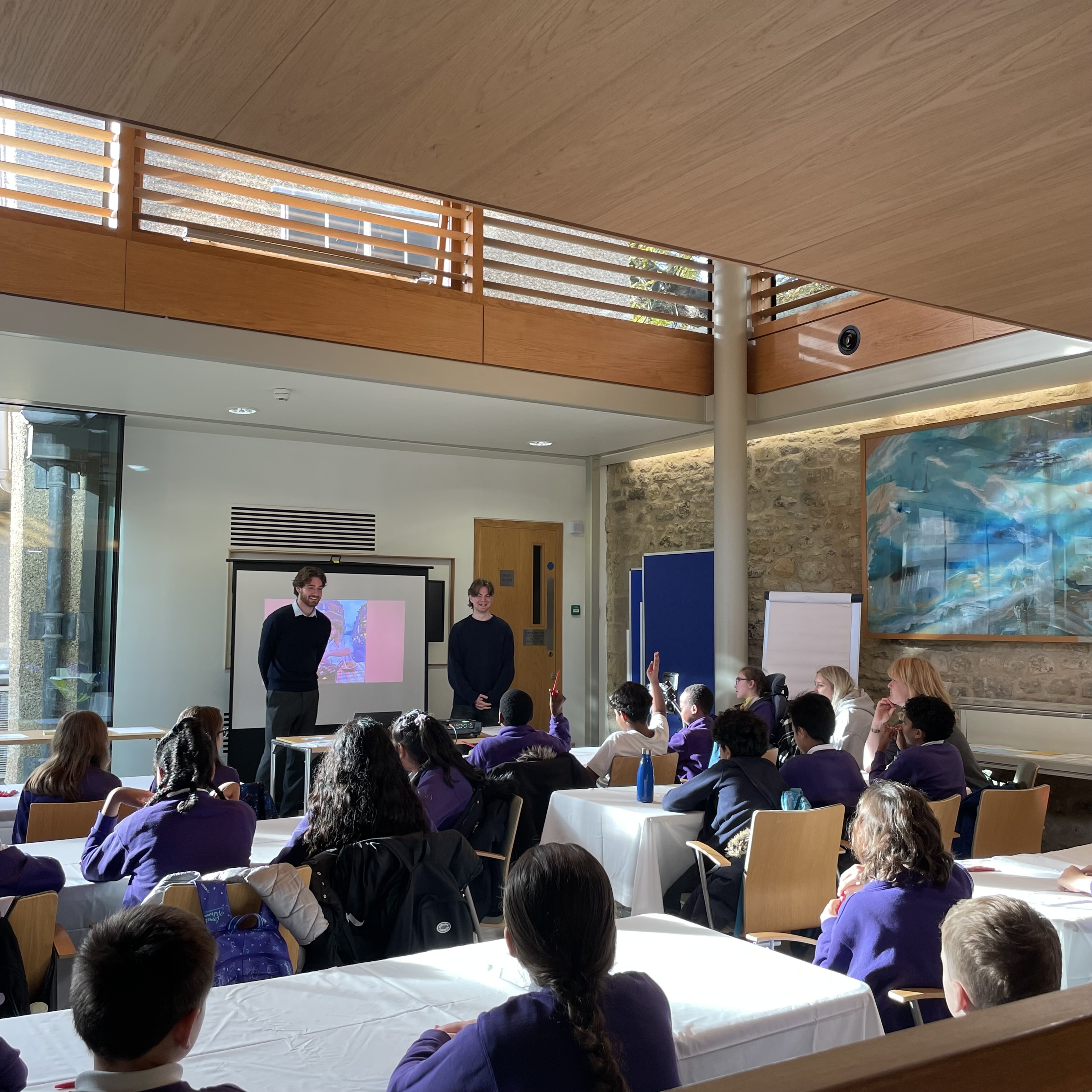Last week, Dr Charlotte Ryland, founding director of The Queen’s Translation Exchange, held a webinar as part of the OPEN Leaders Programme – an initiative supported by the Oxford Policy Engagement Network to encourage graduate students and ECRs in the field of modern languages to get involved with policy engagement.
Last week’s webinar looked at “Careers in policy for linguists”, the final instalment of a series of training events in the OPEN Leaders Programme for Languages. The event was attended by graduate students and Early Career Researchers (ECRs) from UK universities.
Georgina Edwards, coordinator of the training series, chaired a panel of four civil servants, discussing policy career paths for languages graduates and researchers: Hanna Campbell (Department for Education), Hannah Jack (Department for Education), Karoline Oakes (Department for Energy Security and Net Zero), and Lizzie Peck (Ministry of Justice).
Do I need to have a degree in policy to work in the sector?
Our panellists had all studied languages at university, including German, Spanish, French, Russian, Portuguese and Mandarin. Before entering the policy world, they embarked on career paths in teaching, PR, and the third sector. All of them entered the civil service as external candidates from outside the policy sphere.
Most of our guest speakers had not studied policy as part of their degrees. They came to their current roles through their drive to apply their skills and experience in a national and international context, to create social and environmental impact.
How does studying languages help you in a policy role?
All our guests had a clear and compelling sense of the many ways in which their language studies had helped them in their careers. In Karoline Oakes’ case, for example, being able to speak German enabled her to contribute to major events such a UK Government liaison for the German Embassy at a UK-hosted international summit. Lizzie Peck, who studied Russian and previously worked for a charity campaigning against human trafficking and modern slavery, was able to use her language skills to help Ukrainian refugees avoid exploitation.
For Hannah Jack and Hanna Campbell, having learned languages themselves has helped them to understand the experience of multilingual pupils in the classroom. Hanna explained, ‘It’s not just about knowing the languages being taught at school or spoken at home – it helps you become aware of the presence of multilingualism in general.’ With linguistic diversity comes cultural diversity, which should be embraced in teaching. Promoting the benefits of studying languages is also important for Hannah, who is now the co-lead of the Civil Service Languages Network Outreach team, undertaking outreach events with pupils to encourage wider uptake of language learning.
But it was the deeper benefits of studying languages that really came through in the discussion – what we might call ‘transferable skills’. From problem solving to creative thinking, analytical skills to wider cultural appreciation, there was consensus across the panel that their language studies had prepared them extremely well for a career in policy.
All the panellists agreed that the process of learning to read, write and speak in another language has improved their overall communication. Karoline recalled her year abroad in Europe: “When you’re in another country, you have to adapt quickly in a range of situations. That made me feel assured that I can always ’have a go’ at things. That confidence is something that has helped me a lot in my current job, when I’m speaking to senior officials and foreign ministers.’
Confidence in communicating is something that you develop when learning a language, according to Hannah. “When you’re learning a language, you often have to practise presenting and public speaking. Once you’ve presented in other languages, you realise that doing it in English is a lot easier!”
For Lizzie, studying language through translation helped her to develop an awareness of nuances in the wording of legislation.
How can I get experience or employment in policy work?
There are plenty of summer internship opportunities in policy, at government departments, think tanks or NGOs, which may be advertised through your university’s careers service or languages department. It is also worth checking whether your university has its own policy team – some universities have dedicated staff who are responsible for liaising between researchers and policymakers.
If you are interested in how languages are taught in the UK, Hannah Jack recommends following the work of organisations such as the National Consortium for Language Education and the British Council, and the associated Language Hubs.
If you are considering searching for a policy role, you can find vacancies and tips on the Civil Service Careers page, as well as the Foreign and Commonwealth Office website for positions based overseas.
It was pointed out that it’s important to remember that there are many policy roles outside of the civil service. A wide range of other professional roles benefit from the transferable skills that languages students and researchers bring to the table – such as working in research, advocacy and policy influencing at think tanks, charities, and political parties. These are options to consider if you would prefer to be able to campaign for change on the issues that matter to you the most, regardless of the incumbent government’s policy. Find policy roles by signing up to newsletters with the organisations whose work you admire, and searching for keywords such as “policy”, “advocacy” or “research” on industry-specific websites like CharityJob.
Stay in touch
If you would like to be involved in future policy training events for linguists run by Charlotte Ryland and the Translation Exchange, join our mailing list here.


